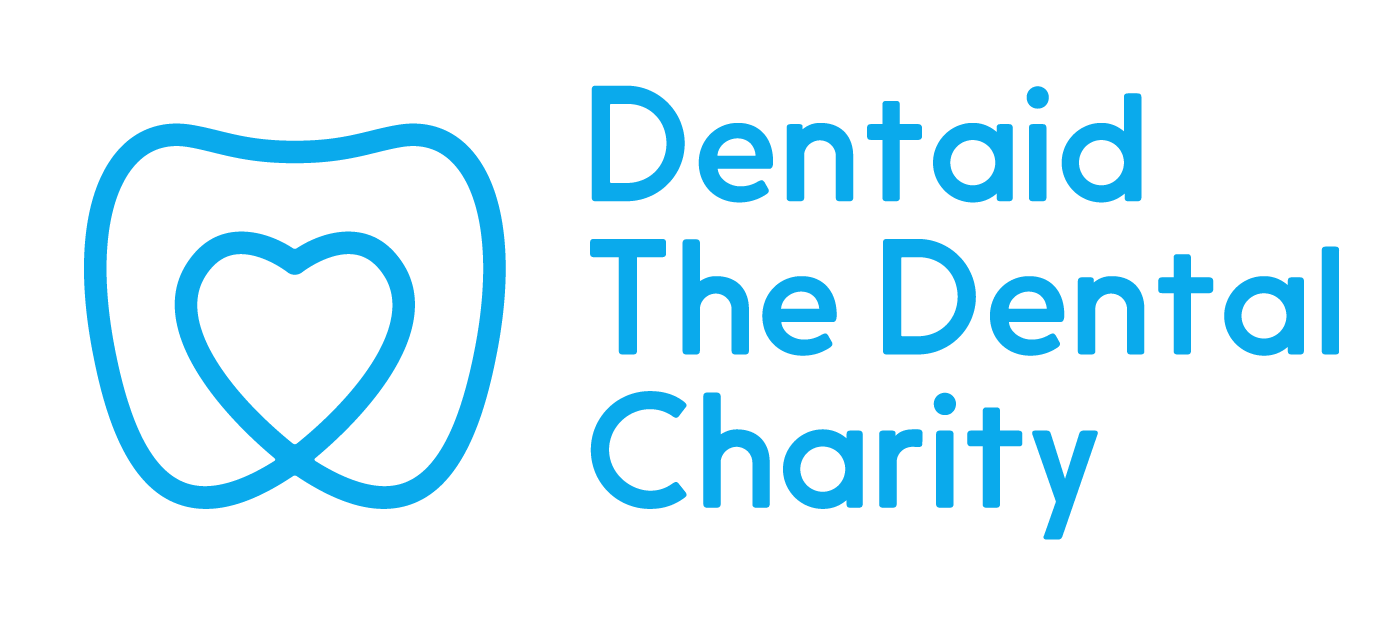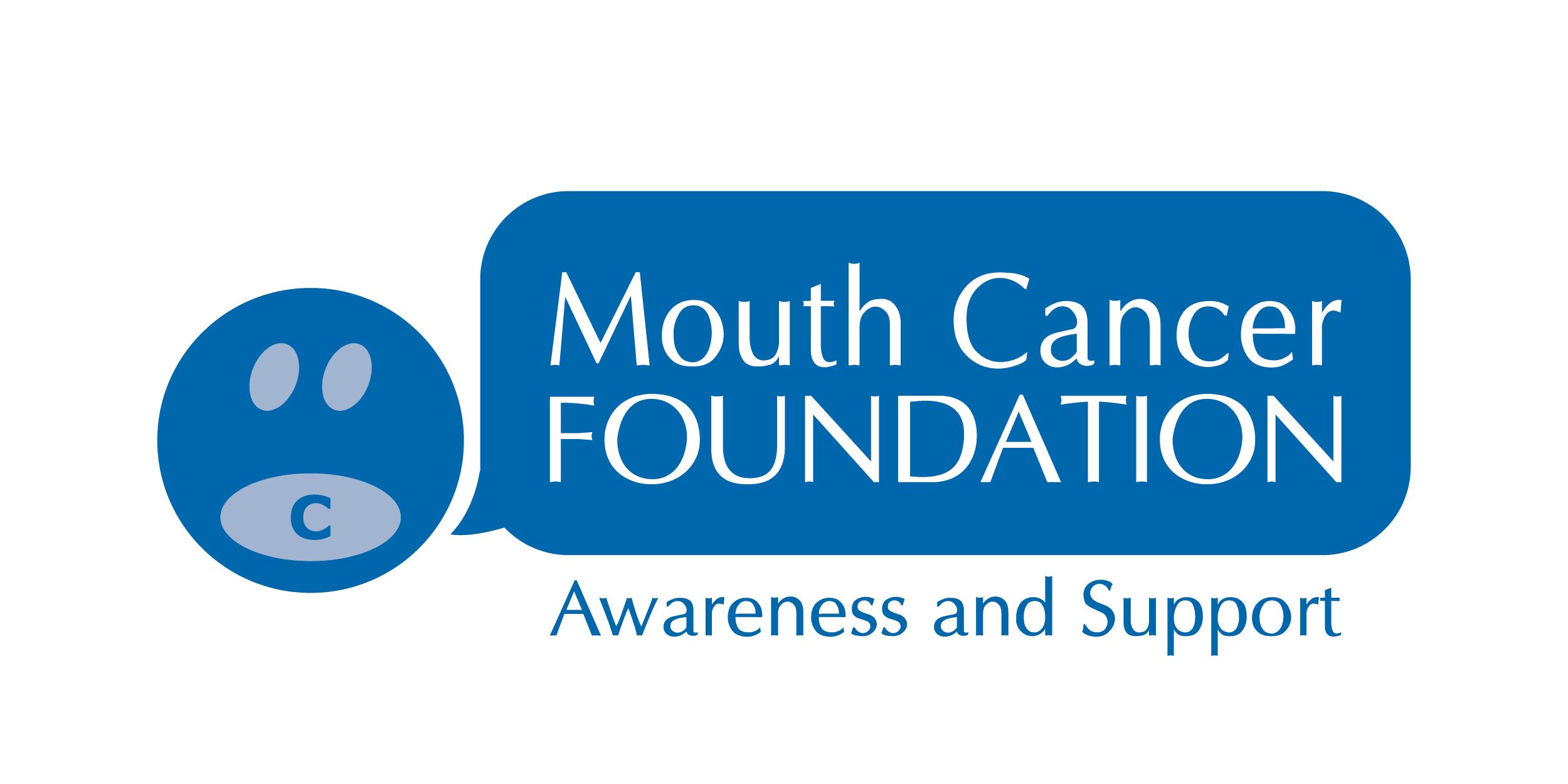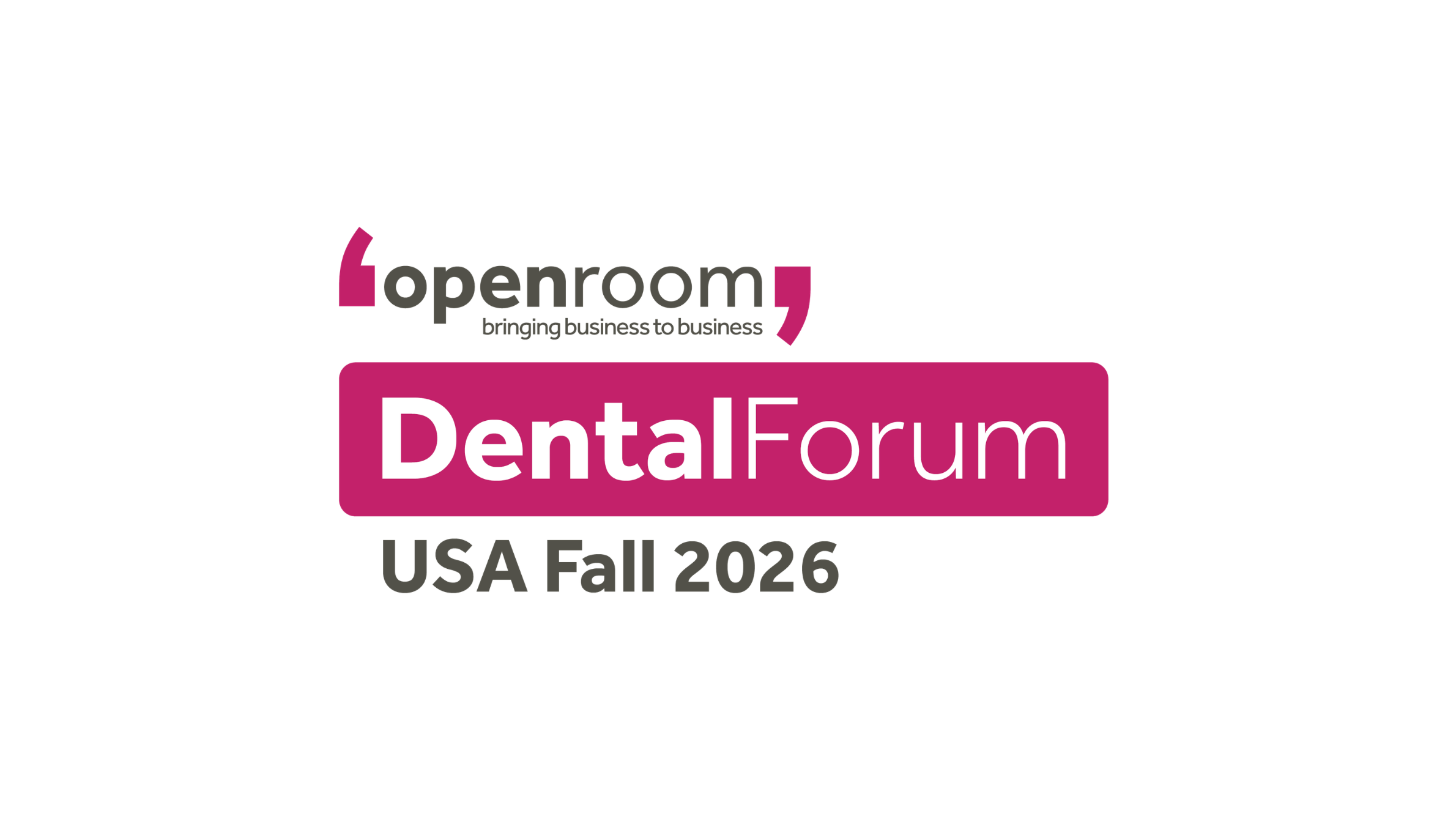A seat at the table, a voice in the future
)
As NHS dentistry enters a period of major reform, driven by the Government’s 10-Year Health Plan and ongoing contract changes, the British Society of Dental Hygiene and Therapy (BSDHT) has taken a significant step forward by securing formal representation in national policy discussions.
This involvement reflects a genuine commitment to ensuring that dental hygienists and dental therapists are recognised, supported and empowered to provide the care they are trained to deliver. It also signals a shift towards a more preventive model of dentistry, where the full dental team helps meet the needs of the population.
Part of the conversation
The BSDHT’s involvement in national policy discussions gives it a meaningful role in shaping the future systems and structures of oral healthcare. After many years of championing the skills and contribution of dental hygienists and dental therapists, the Society is now well placed to influence reform from within. This growing influence is complemented by a strong and consistent relationship with the General Dental Council (GDC), which has been maintained over recent years.
These, and wider discussions, are not theoretical. They involve active working groups focused on designing neighbourhood health teams, developing community delivery models, and determining how NHS resources can be used most effectively. Central to this is recognising the skills of every team member and enabling them to work to the top of their scope.
Within this context, the formal recognition of dental therapists as part of neighbourhood health teams is a clear and welcome step forward. Equally important is the recognition of dental hygienists. Both professions have the potential to improve access to care, strengthen prevention, and reduce pressure across the wider system.
Driving reform through prevention
Prevention has already emerged as a key theme within current reform, and it continues to be a central focus of the BSDHT’s work. Although many oral conditions seen in dental practice are preventable, prevention has not always been sufficiently prioritised or supported.
That is beginning to change. The move towards community-based care is a welcome shift, particularly when combined with the idea that effective prevention at community level can reduce hospital admissions and improve outcomes.
A clear, practical framework is now needed to put prevention into action. Dental hygienists and dental therapists already prioritise this, but they need the pathways, support and funding to make it a reality.
The BSDHT is preparing members through education, upskilling and practical training. For instance, for dental therapists who have not used their full scope recently, or for dental hygienists returning to clinical care, there will be opportunities to rebuild confidence and competence. This includes hands-on courses, regional support, updated guidance, and access to mentoring and coaching, to help members step into new roles with clarity and confidence.
Addressing barriers to care
At the same time, it is essential that barriers to care are addressed. That includes access to medicines, supported by the exemptions mechanism, as well as broader issues such as remuneration, pensions and employment conditions.
For the profession to move forward, these must be considered seriously by policymakers and employers. It is not enough to ask people to step up without also offering fair and sustainable working conditions.
Support must also include communication, leadership and resilience. The BSDHT recognises that reform brings uncertainty as well as opportunity, and remains committed to both technical and emotional support. Through peer engagement, active listening and practical advice, the Society ensures members feel supported, whether they are returning to practice, exploring a new role or seeking clarity on contracts.
The priorities for the year ahead are clear. The BSDHT will continue to keep members informed and represent their interests in policy discussions. It will provide the support they need to succeed in evolving roles and advocate for fair treatment across all settings. Perhaps most importantly, the Society will also work to ensure that decisions made now reflect the needs of both professionals and the patients they care for and support, not only today but for the future of oral care.
Change is under way, and the BSDHT is ensuring that dental hygienists and dental therapists are not only part of the future but also helping to define it.

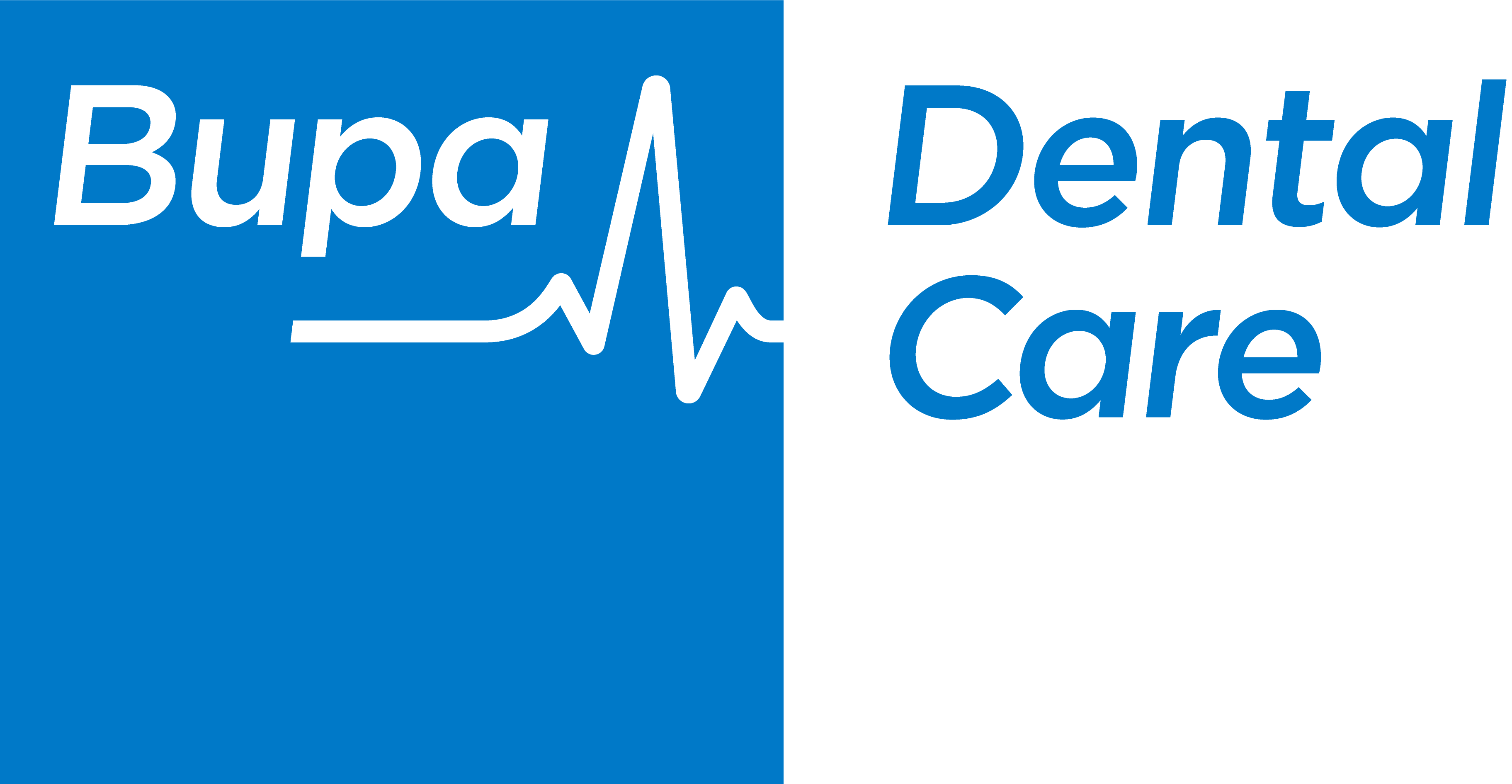


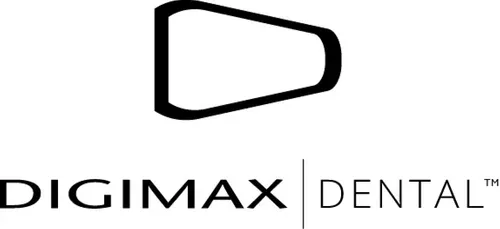

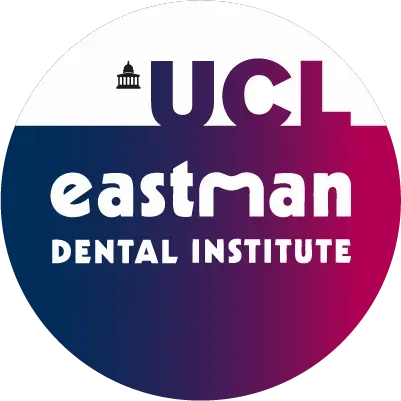










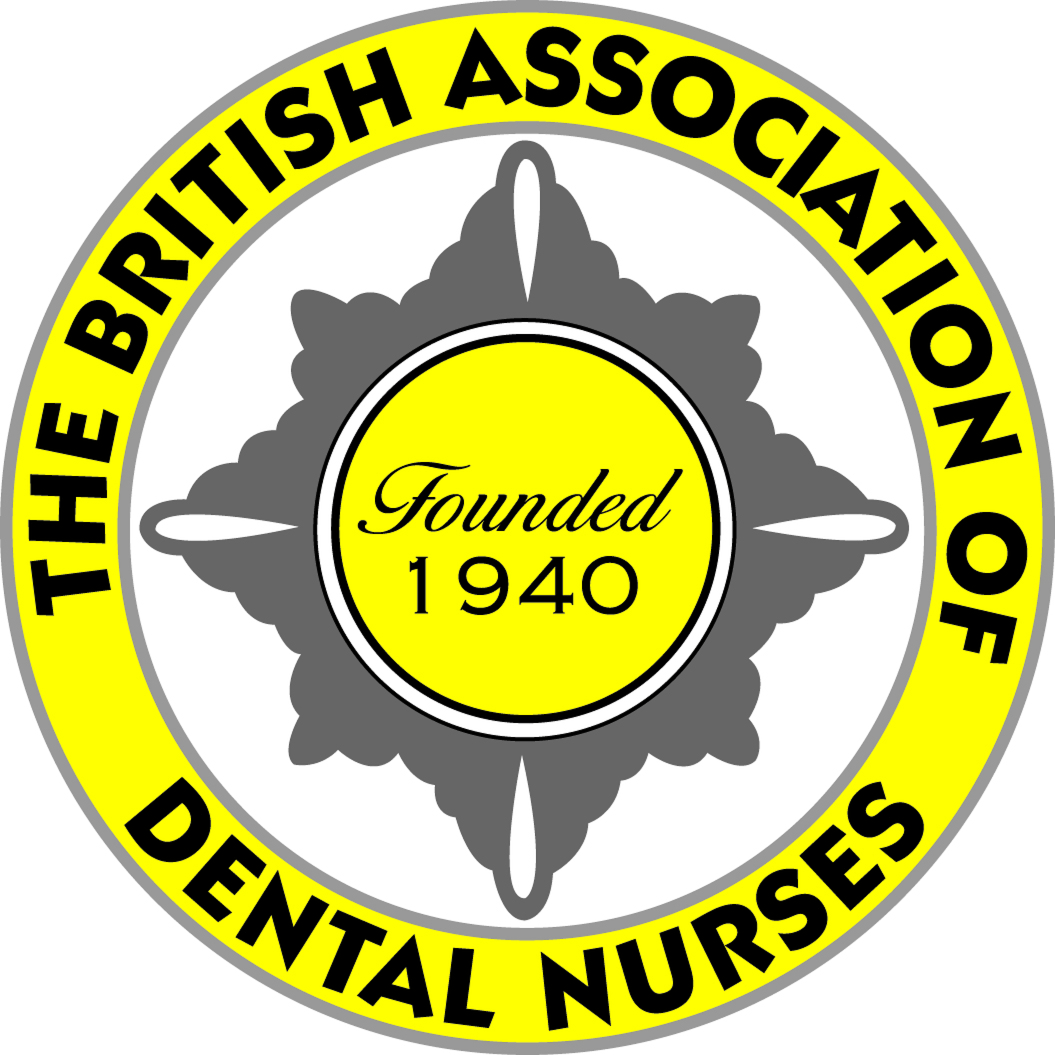
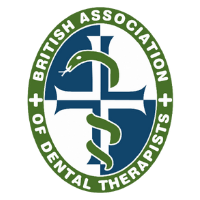

.jpg)


